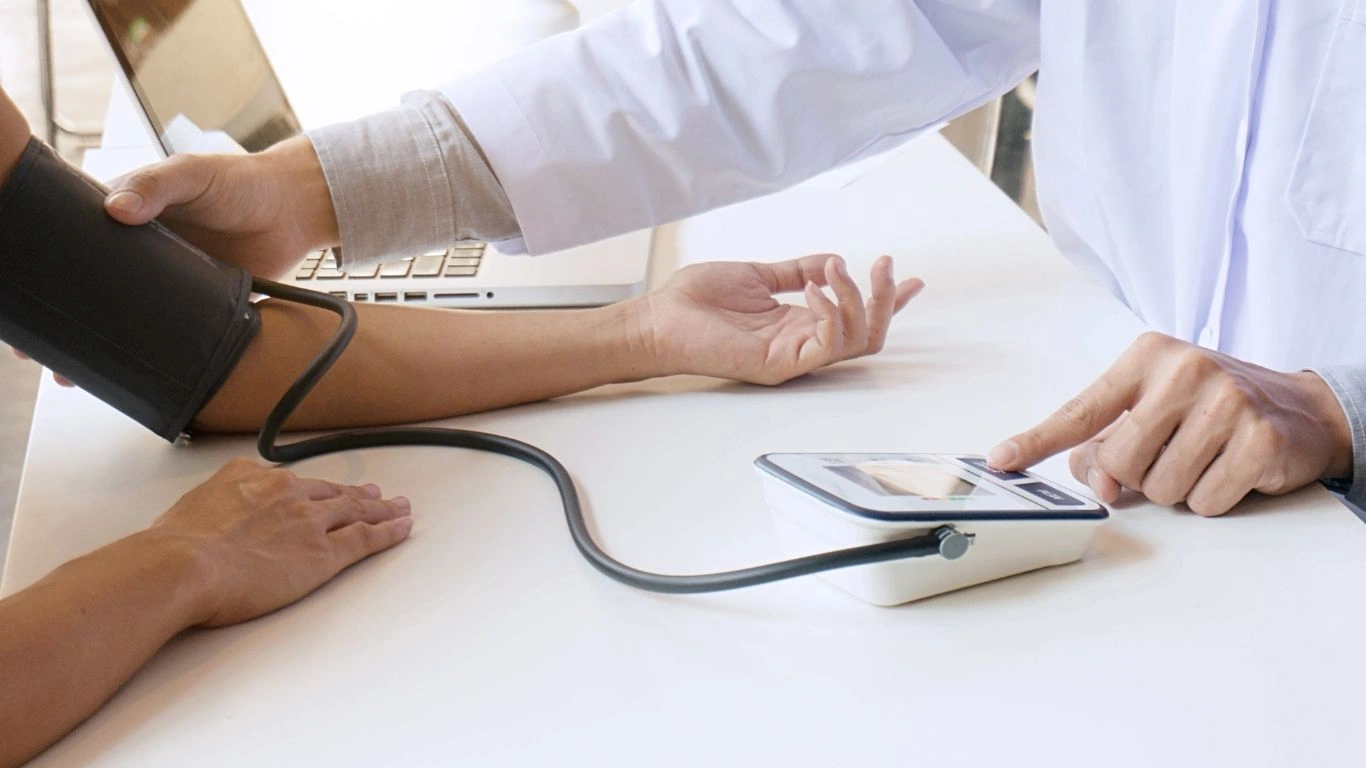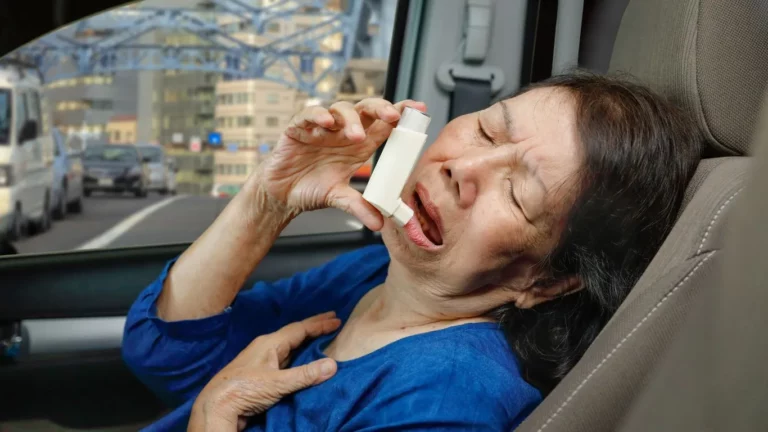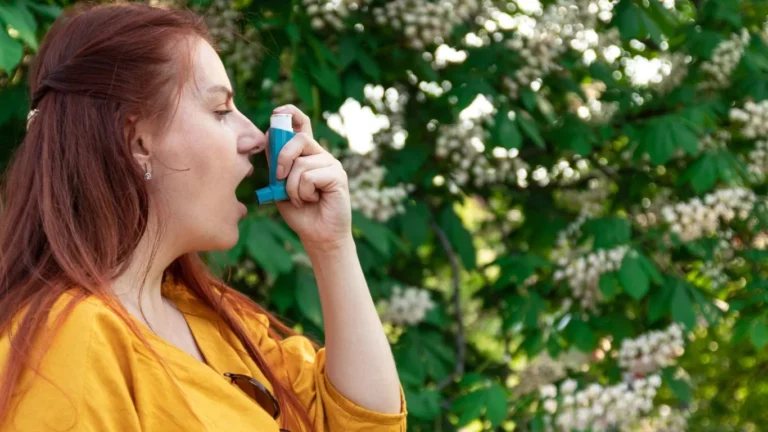Reduce Blood Pressure Fast During Stressful Events – Proven Expert Tips
Ever felt your heart pounding like a drum during a nerve-wracking moment? Maybe you’re stuck in traffic, running late for an important meeting, or dealing with unexpected bad news. Stressful situations can send your blood pressure skyrocketing, and if you have hypertension, that spike can be dangerous. The good news? There are ways to calm your body and keep your blood pressure in check when life throws stress your way. In this guide, I’ll walk you through how to reduce blood pressure during a stressful event—using science-backed techniques, expert insights, and some personal strategies that have helped my own patients over the years.
Why Stress Sends Blood Pressure Through the Roof

Let’s break this down in simple terms. When you’re stressed, your body releases hormones like cortisol and adrenaline. These hormones trigger a “fight-or-flight” response, making your heart beat faster and your blood vessels constrict. That’s why your blood pressure temporarily spikes. While occasional stress isn’t harmful, frequent or prolonged stress can contribute to chronic hypertension, increasing your risk of heart disease and stroke.
Now, here’s something I’ve noticed in my years of working with hypertension patients—many don’t even realize how much stress impacts their blood pressure until they start tracking it. It’s eye-opening to see numbers jump up 10, 20, even 30 points during stressful moments! The key is learning how to manage these spikes before they cause long-term damage.
Instant Techniques to Lower Blood Pressure in a Stressful Moment

When stress hits, your blood pressure can rise within minutes. The trick is to have a toolbox of quick strategies to bring it back down. Here are some tried-and-true methods:
1. Breathe Like You Mean It
Deep breathing is one of the fastest ways to lower blood pressure. Here’s a simple technique I teach my patients:
- Inhale deeply through your nose for a count of four.
- Hold your breath for four seconds.
- Exhale slowly through your mouth for six to eight seconds.
- Repeat for at least five rounds.
It may sound too easy, but trust me—this works. Controlled breathing activates your parasympathetic nervous system, which counteracts the stress response and helps blood vessels relax.
2. Progressive Muscle Relaxation
Ever noticed how your shoulders creep up toward your ears when you’re stressed? Muscle tension can keep your blood pressure high. Try this quick relaxation trick:
- Tense a muscle group (like your shoulders) for five seconds.
- Release and let the tension melt away.
- Work your way down your body—neck, arms, hands, legs—one group at a time.
By the time you reach your toes, you’ll likely feel much more at ease.
3. The Power of Visualization
Your brain can’t always tell the difference between imagination and reality. That means picturing yourself in a calm, peaceful setting can actually lower stress levels and reduce blood pressure. Close your eyes and imagine:
- A quiet beach with waves gently crashing.
- A peaceful forest with birds chirping.
- A cozy, safe space where nothing can disturb your calm.
Even a minute or two of visualization can help shift your body out of stress mode.
Long-Term Strategies to Keep Stress and Blood Pressure in Check

While quick fixes help in the moment, managing stress long-term is just as important for keeping your blood pressure stable. Over the years, I’ve seen patients make incredible progress by incorporating a few key habits into their daily lives.
1. Move Your Body (Even When You Don’t Feel Like It)
Exercise is one of the best natural stress relievers. It doesn’t have to be intense—just a 10-minute walk can lower cortisol levels and help keep your blood pressure in check.
2. Cut Back on Caffeine and Sugar
That extra cup of coffee might seem like a lifesaver, but caffeine can temporarily spike blood pressure. Same goes for sugary snacks. Swap them out for herbal tea and a handful of nuts for a more blood-pressure-friendly pick-me-up.
3. Prioritize Sleep
Poor sleep makes your body more sensitive to stress. If you’re struggling with restless nights, try a relaxing bedtime routine—dim the lights, avoid screens, and wind down with a book or meditation.
Managing stress effectively isn’t just about avoiding bad moments—it’s about building resilience so your body doesn’t overreact to every challenge. In the next sections, we’ll dive deeper into advanced techniques, diet tips, and lifestyle changes that can make a big difference.
How Your Diet Affects Blood Pressure During Stress

What you eat has a direct impact on your blood pressure—especially during stressful moments. I’ve had patients tell me they can feel their heart race after a salty meal or a sugar binge, and that’s no coincidence. Your body responds to food almost as fast as it reacts to stress.
1. The Worst Foods for Stress-Induced High Blood Pressure
When you’re already feeling on edge, certain foods can make the situation worse by spiking your blood pressure even further. Here’s what to avoid:
- High-sodium foods: Processed snacks, canned soups, fast food—these can cause immediate water retention and blood vessel constriction.
- Sugar overload: That doughnut might feel comforting, but refined sugar can trigger an insulin spike, leading to an eventual blood pressure drop and fatigue.
- Caffeine: Coffee, energy drinks, even certain teas can stimulate the nervous system and make blood pressure climb.
- Alcohol: A glass of wine might feel relaxing, but too much alcohol can dehydrate you and increase heart rate.
One of my patients once told me, “But Gwenna, I NEED my morning coffee!” I get it—I love my caffeine too. The key isn’t to cut everything out cold turkey, but to be mindful of how your body reacts and make adjustments.
2. The Best Foods for Keeping Blood Pressure Steady
Now, let’s talk about what actually helps. Some foods naturally lower blood pressure and keep stress hormones in check. Here are a few I always recommend:
- Leafy greens: Spinach, kale, and arugula are packed with potassium, which helps balance sodium levels.
- Bananas: Nature’s stress reliever! They provide a quick dose of potassium to relax blood vessels.
- Oatmeal: High in fiber, oats help stabilize blood sugar and prevent energy crashes.
- Dark chocolate: Yep, you read that right! A small piece (70% cacao or higher) contains flavonoids that support heart health.
- Fatty fish: Salmon, mackerel, and sardines are rich in omega-3s, which help reduce inflammation and stress responses.
If you know you’re about to face a stressful event—a big meeting, a difficult conversation, or even heavy traffic—fueling your body with the right nutrients can make a world of difference.
How Hydration Plays a Role in Blood Pressure Regulation

Dehydration is one of the sneakiest causes of sudden blood pressure spikes. When your body lacks water, your blood thickens, making your heart work harder to pump it through your system.
1. Signs You’re Not Drinking Enough Water
Sometimes, people think they’re just stressed when in reality, they’re actually dehydrated. Here are some common signs:
- Headaches that won’t go away
- Dizziness or lightheadedness
- Fatigue (even after a good night’s sleep)
- Dark yellow urine
One of my long-time patients struggled with blood pressure swings until we figured out he was barely drinking three cups of water a day. Once he started hitting at least eight cups, his blood pressure readings became much more stable.
2. The Right Way to Hydrate
It’s not just about how much you drink—it’s also when you drink. Chugging a liter of water at once isn’t effective. Instead, try:
- Starting your morning with a full glass of water
- Sipping consistently throughout the day
- Adding a pinch of Himalayan salt or lemon to improve absorption
- Avoiding excessive sugary or caffeinated drinks, which dehydrate rather than hydrate
By keeping your hydration levels in check, you’re giving your body a solid foundation to handle stress without causing your blood pressure to spike.
The Role of Mindset in Blood Pressure Control
Your thoughts and emotions don’t just stay in your head—they affect your entire body, including your blood pressure. Stress isn’t always about external events; it’s often about how we perceive them.
1. Reframing Stressful Situations
One of the biggest game-changers I’ve seen in my patients is learning to reframe stress. Instead of thinking, “This situation is going to ruin my day,” try shifting your mindset to:
- “This is a challenge, but I can handle it.”
- “This will pass, and I’ll be okay.”
- “I’ve dealt with stressful moments before—I can do it again.”
Simple mental shifts like these can keep your nervous system from going into overdrive.
2. The Power of Gratitude
Studies show that practicing gratitude can lower cortisol levels and stabilize blood pressure. Every night, write down three things you’re grateful for—big or small. Over time, this rewires your brain to focus on the positive, making stressful moments feel less overwhelming.
3. The “One-Minute Pause” Technique
Before reacting to a stressful situation, take a deep breath and ask yourself:
- Will this matter a week from now?
- What’s the worst-case scenario, and is it really that bad?
- What’s one small thing I can do to make this situation better?
That tiny pause can prevent your blood pressure from shooting up and help you respond in a calmer, more collected way.
We’re just scratching the surface! In the next part, I’ll dive deeper into advanced relaxation techniques, the impact of social support, and some unexpected habits that can keep your blood pressure stable even in high-pressure moments.
Case Studies & Real-Life Examples

Sometimes, the best way to understand how to manage blood pressure during stressful moments is to hear real-life stories. Over the years, I’ve worked with countless patients struggling with hypertension, and I’ve seen firsthand how small changes can lead to big improvements.
Case Study 1: The Executive Who Tamed His Stress
James, a 48-year-old corporate executive, came to me with blood pressure readings that would spike dangerously during meetings and presentations. His schedule was relentless, and his stress levels were through the roof.
We implemented a three-step approach to help him manage stress-induced blood pressure surges:
- Breathing techniques: Practicing deep breathing for five minutes before and after stressful situations.
- Strategic hydration: Swapping out his four daily coffees for two cups of green tea and extra water.
- Exercise adjustments: Adding short walks after lunch instead of working straight through.
Within two months, his systolic blood pressure dropped by 15 points during stressful moments, and he reported feeling significantly calmer.
Case Study 2: The Retired Teacher Who Found Calm in Nature
Linda, a 65-year-old retired teacher, struggled with sudden blood pressure spikes whenever she got overwhelmed—whether it was dealing with insurance paperwork or unexpected family drama.
Her solution? Daily nature therapy. I suggested she start her mornings with a simple outdoor walk, focusing on slow, mindful breathing. She also took up gardening, which gave her a peaceful, meditative hobby.
Within weeks, her blood pressure readings became more stable, and she felt more in control of her stress responses.
Key Takeaways: What You Need to Remember
Managing blood pressure during stressful events doesn’t have to be complicated. If you only take away a few things from this article, let it be these:
- Stress and blood pressure are closely linked. Managing one helps the other.
- Breathing exercises work—fast. A few deep breaths can lower your heart rate within minutes.
- Hydration matters. Drink enough water to prevent unnecessary blood pressure spikes.
- Food choices make a difference. Cut back on salt, sugar, and caffeine; add potassium-rich foods.
- Your mindset is powerful. Reframing stress can reduce its impact on your body.
- Movement is medicine. Even a 10-minute walk can help regulate blood pressure.
Don’t wait for a stressful moment to hit before trying these strategies—practice them daily so they become second nature when you need them most.
FAQs
1. How quickly can I lower my blood pressure in a stressful moment?
Using deep breathing, hydration, and muscle relaxation, you can start seeing a drop within five to ten minutes. However, the best results come from consistently managing stress long-term.
2. Can stress alone cause high blood pressure?
Stress doesn’t directly cause chronic hypertension, but frequent blood pressure spikes from stress can damage arteries over time, increasing the risk of long-term high blood pressure.
Use a home blood pressure monitor and take readings at different times of the day—before, during, and after stressful moments—to track patterns.
Some people benefit from magnesium, potassium, omega-3 fatty acids, and L-theanine. Always check with your healthcare provider before taking supplements.
Bonus: Additional Resources & DIY Tips
Looking for extra ways to keep your blood pressure steady under stress? Here are some simple yet effective DIY methods:
- Cold water therapy: Splashing cold water on your face can activate the parasympathetic nervous system, instantly calming your body.
- Acupressure points: Applying light pressure to the web between your thumb and index finger can help relieve tension.
- Aromatherapy: Essential oils like lavender and chamomile can have a calming effect when inhaled.
- Music therapy: Listening to slow, relaxing music can naturally reduce blood pressure.
Appendix: Table, References, and Call to Action
| Strategy | How It Helps | Time to See Results |
|---|---|---|
| Deep breathing | Activates relaxation response | 5-10 minutes |
| Hydration | Prevents blood thickening | 1-2 hours |
| Cutting salt | Reduces water retention | Several days to weeks |
| Daily walks | Lowers stress hormones | Within weeks |
References
Disclaimer
This article is for informational purposes only and should not be used as a substitute for professional medical advice. Always consult a healthcare provider for guidance on managing hypertension.
Final Thoughts: Take Charge of Your Blood Pressure Today
Life is full of stress, but that doesn’t mean your blood pressure has to suffer because of it. With the right strategies, you can stay calm, protect your heart, and take control of your health. Start with just one small change today—whether it’s deep breathing, better hydration, or a short walk—and build from there.
If you found this guide helpful, share it with someone who might need it. And if you have any personal strategies that help you manage stress-induced blood pressure, I’d love to hear about them in the comments!

Dr. Gwenna Aazee is a board-certified Internal Medicine Physician with a special focus on hypertension management, chronic disease prevention, and patient education. With years of experience in both clinical practice and medical writing, she’s passionate about turning evidence-based medicine into accessible, actionable advice. Through her work at Healthusias.com, Dr. Aazee empowers readers to take charge of their health with confidence and clarity. Off the clock, she enjoys deep dives into nutrition research, long walks with her rescue pup, and simplifying medical jargon one article at a time.






